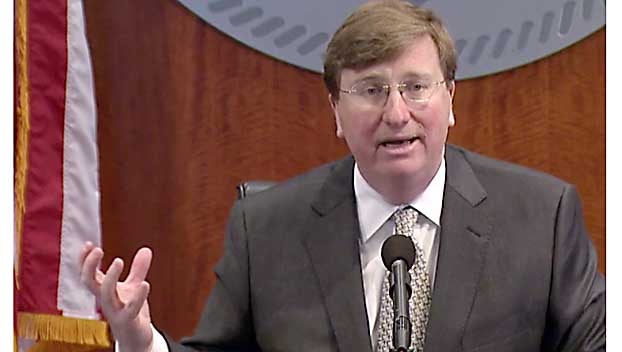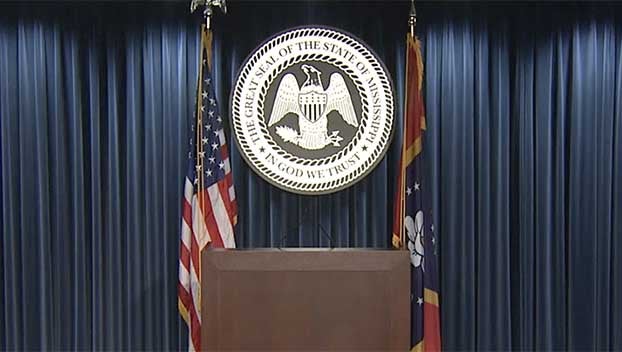Opinion: Jeb Bush’s influence critical to new Mississippi career, tech certification law
Published 9:14 am Monday, May 20, 2019
Former Florida Gov. Jeb Bush may have been a failure as a presidential candidate in 2016, but he’s still a success in Mississippi education policy.
Bush’s Foundation for Excellence in Education was a prime mover behind a bill that Mississippi lawmakers passed almost unanimously earlier this year to pay public schools to turn out more career and technical students with industry certifications.
The idea is for schools to be more responsive to the training needs of business and industry. A report released this month by the foundation and Burning Glass Technologies finds that Mississippi’s career training efforts are in “low alignment” with the kinds of certifications that employers actually ask for when they’re hiring people.
For example, Mississippi high schools turn out 500 high school students who have earned a particular automotive repair certification, while the report estimates that the job market is demanding more than 1,600 a year.
Senate Bill 2447 was sponsored by outgoing Sen. Gray Tollison, the Oxford Republican who has chaired the Senate Education Committee for eight years and has often been receptive to the foundation’s proposals. It aroused little opposition, passing the Senate 51-0 and the House 111-2.
Nathan Hoffman, who spearheads the foundation’s Mississippi efforts, said the money will steer schools toward offering the right courses, and give them enough funding to provide quality offerings.
“The incentive plan has allowed school district to focus on quality rather than just the quantity of industry certifications,” he said.
A school is supposed to get $600 per student who earns a qualifying industry certification, as defined by the State Workforce Investment Board using criteria meant to require training that fills economic needs. The board sets workforce training policy across the state’s training providers. Maybe the most important requirement, Hoffman said, is that the jobs covered by the certification are supposed to pay at least 70 percent of Mississippi’s average annual wage, or almost $27,000 a year.
The grants will pay for student exam fees, teacher professional development and student instructional support. The money can’t be used to replace dollars already being spent to run career-technical programs.
The Legislature appropriated $500,000 to fund the law, which Gov. Phil Bryant signed and will take effect on July 1. It’s unclear if that will be enough to cover all payments. If there’s not enough money to pay $600 for every certification, the Mississippi Department of Education is supposed to divide the money into smaller, equal amounts.
Like Mississippi’s initiative to require third-grade students to reach a certain reading level before advancing to fourth grade, the industry certification bonuses are modeled on a policy that was implemented in Florida when Bush was governor.
In the Sunshine State, the foundation says the state saw big increases in enrollment and number of certifications earned. Schools earn bonus funding too, like they will in Mississippi. In Florida, teachers themselves get bonuses of $50 per student who earns a certification that turns into college credit, up to $2,000 per teacher, a feature not included in the Mississippi law.
Hoffman said Colorado, Kansas, Tennessee, and Wisconsin have also adopted versions of the law.
One point of friction in Mississippi — some credentials cited as most-demanded are for training typically now provided by community colleges, including licensed practical nurses, emergency medical technicians and pharmacy technicians.
Hoffman said community colleges shouldn’t see this as competition, saying many students who earn credentials in high school then go on to community college for even more training.
“If they’re earning the right ones, those high value credentials, it helps them to get their foot in the door,” Hoffman said.
Jeff Amy has covered politics and government for The Associated Press in Mississippi since 2011.






